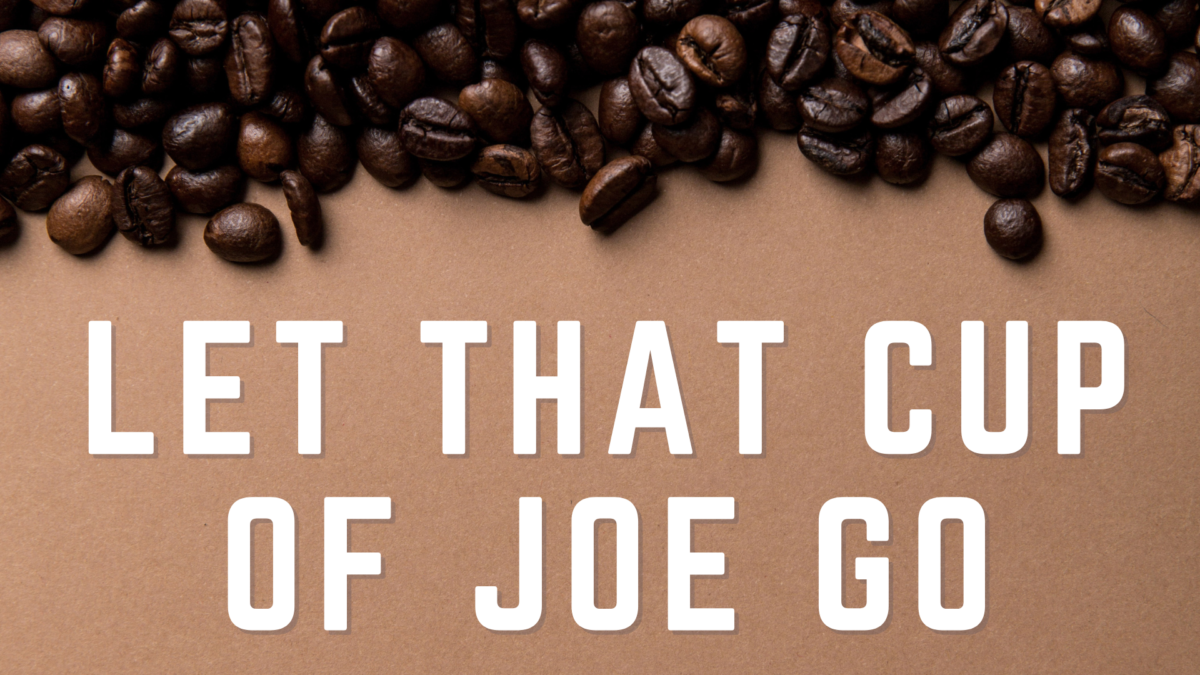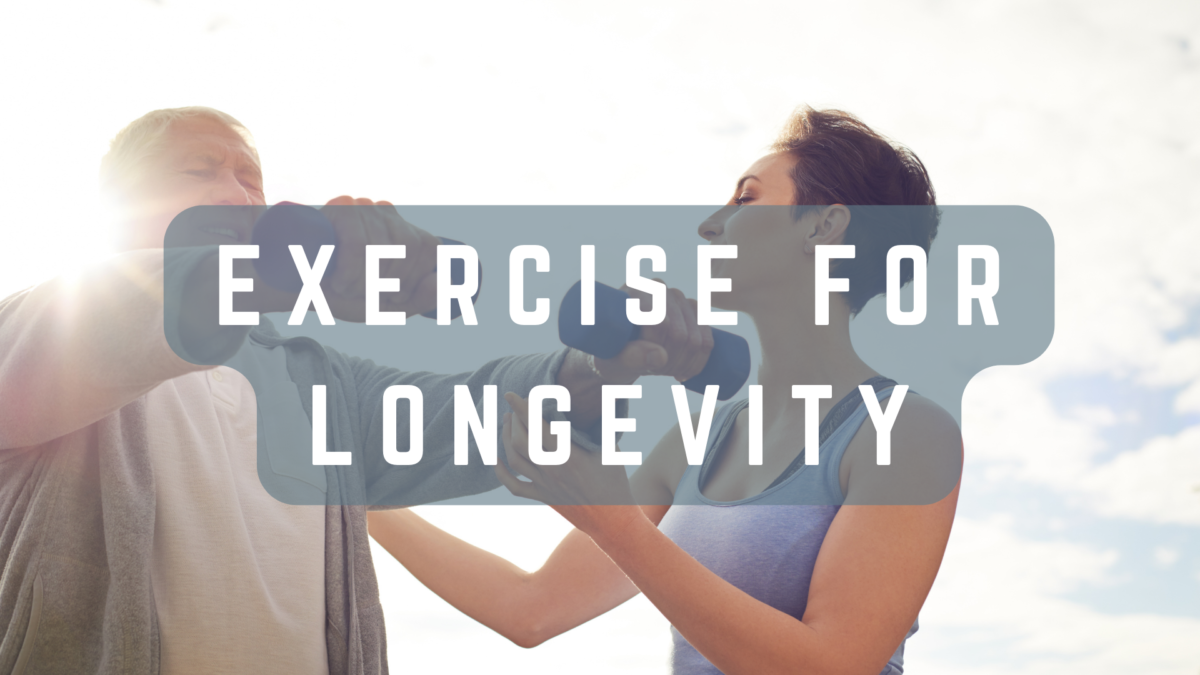You might know I don’t drink coffee if you have followed me for a while. I have my reasons (see here), but I always find it interesting to read in the popular press about coffee’s supposed health benefits but rarely about the negative health effects. My friend, Dr. Terry Wahls, a health crusader, recently wrote an article about some of the negative effects of coffee, and I’ve copied it below for you to read as well. You will find it enlightening – pay attention to the part about bone loss and hormones! In the end, she also recommends an alternative.
Over to you, Terry….
Bet you didn’t know that there are benefits to letting that cup of joe go in exchange for something else—Something that will be more beneficial to your overall health. We all know that feel-good boost that comes from a cup of coffee, but that coffee rush can cause Increased heart rate, panic attacks, dehydration, and high blood pressure. Even small amounts of caffeine will cause these things for those more sensitive to caffeine.
Consider these health benefits of quitting coffee:
- Lower anxiety & lower blood pressure
We all know that caffeine comes with its signature burst of energy. However, that energy also stimulates our “fight or flight” hormones (1). This may cause an increase in anxiety (2), nervousness, heart palpitations, and even panic attacks, especially for those already prone to these conditions, as caffeine can further exasperate these symptoms. Additionally, higher caffeine intake has been linked to increased chances of depression in adolescents (3). Quitting coffee may also help lower your blood pressure, as caffeine has been shown to raise blood pressure levels due to its stimulatory effect on the nervous system (4).
- Better Sleep
Your caffeine habit could be affecting your sleep. Studies show daily coffee intake can alter your sleep cycle, causing restless sleep and daytime drowsiness(5). This can be especially true if you consume caffeine less than six hours before heading to bed (6). Besides a more blissful and undisturbed night’s rest, those who are caffeine-free may find it takes much less time to fall asleep in the first place (7). This adds up to waking up better rested and ultimately having more energy throughout the day.
- It’ll help with vitamin and mineral absorption.
Quitting coffee may help your body better absorb some nutrients. Research shows that the tannins in caffeine can cause depletion of essential nutrients, like vitamin B6, and interfere with nutrient absorption of essential minerals, including calcium, iron, magnesium, and B vitamins, by partially inhibiting their absorption by the body. It can also inhibit the amount of calcium absorbed through the intestinal tract and deplete the amount retained by the bones (8). This can be especially true for those with a very high caffeine intake, an already imbalanced diet, or the elderly, who are most at risk for bone loss. No caffeine consumption can help you get all the nutrients from your diet (9).
- It may help balance your hormones.
Women may particularly benefit from going caffeine-free. Caffeinated beverages like coffee, tea, and soda can alter estrogen levels (10). Changing estrogen levels can be particularly concerning for people with conditions like endometriosis, which can be affected by hormone imbalances related to estrogen. Caffeine has also been shown to worsen certain menopause symptoms, making giving up coffee an excellent preventative measure for minimizing these uncomfortable symptoms as much as possible(11).
- Sip Herbals is an excellent coffee alternative with fantastic health benefits!
Quitting coffee can seem difficult and like giving up something you love. But Sip Herbals coffee substitute is a fantastic alternative to your daily cup of joe that is equally as satisfying without the side effects.
Sip Herbals contains pure roasted herbs in their whole form. Herbs like dandelion, carob, and chicory.
When brewed as a hot beverage, dandelion root has some resemblance to coffee in appearance and taste and is, therefore, often considered a coffee substitute. In fact, using the dandelion plant as a beverage dates back thousands of years!
Dandelion root may lower blood pressure due to its diuretic effect and potassium content (12). This is compared to coffee, which often raises blood pressure due to its caffeine content. Dandelion is also high in inulin—making it a good source of prebiotic fiber, which can improve gut health and aid digestion (13).
Carob is often used as a cocoa substitute. It is high in polyphenol antioxidants that may reduce the risk of heart disease and several other essential vitamins and minerals. Like dandelion, carob is also high in fiber, making it beneficial for gut health and digestion (14).
Like dandelion and carob, chicory root is high in inulin fiber, which can improve the health of your gut’s microbiome. It may also improve bowel function and reduce constipation—making it a perfect alternative to drink while transitioning away from coffee. Made from roasted chicory root instead of coffee beans, chicory coffee is often considered a New Orleans staple(15).
_______________________________________________________
Personally, I like some of the mushroom teas on the market, but to be honest, I’m so impatient that I don’t have the patience to wait for the water to boil and then wait for it to cool down again, so I tend just to drink water.
Ultimately, a glass of room temperature water is absorbed far faster into our body than anything that contains plant extracts and, if taken at the right time, has an almost medicinal effect on the human body.
For me, it’s water for the win!
Ed
References
Coffee substitute recommended by Terry Wahls
- https://onlinelibrary.wiley.com/doi/full/10.1111/j.1471-4159.2007.05196.x
- https://www.cambridge.org/core/journals/advances-in-psychiatric-treatment/article/neuropsychiatric-effects-of-caffeine/7C884B2106D772F02DA114C1B75D4EBF
- https://www.ncbi.nlm.nih.gov/pmc/articles/PMC4826990/
- https://www.sciencedirect.com/science/article/abs/pii/S0163725808002003?via%3Dihub
- https://www.sciencedirect.com/science/article/abs/pii/S1087079207000937
- https://www.ncbi.nlm.nih.gov/pmc/articles/PMC3805807/
- https://www.ncbi.nlm.nih.gov/pmc/articles/PMC4997392/
- https://www.researchgate.net/profile/Tsedeke-Wolde/publication/279923885_Effects_of_caffeine_on_health_and_nutrition_A_Review/links/559e5bd808ae04e365097a28/Effects-of-caffeine-on-health-and-nutrition-A-Review.pdf
- https://academic.oup.com/ajcn/article/74/5/569/4737374
- https://academic.oup.com/ajcn/article/95/2/488/4576834
- https://journals.lww.com/menopausejournal/Abstract/2015/02000/Caffeine_and_menopausal_symptoms___what_is_the.7.aspx
- https://pubmed.ncbi.nlm.nih.gov/19678785/
- https://pubmed.ncbi.nlm.nih.gov/21453412/
- https://pubmed.ncbi.nlm.nih.gov/20094802/
- https://www.sciencedirect.com/science/article/pii/S0268005X19303686


